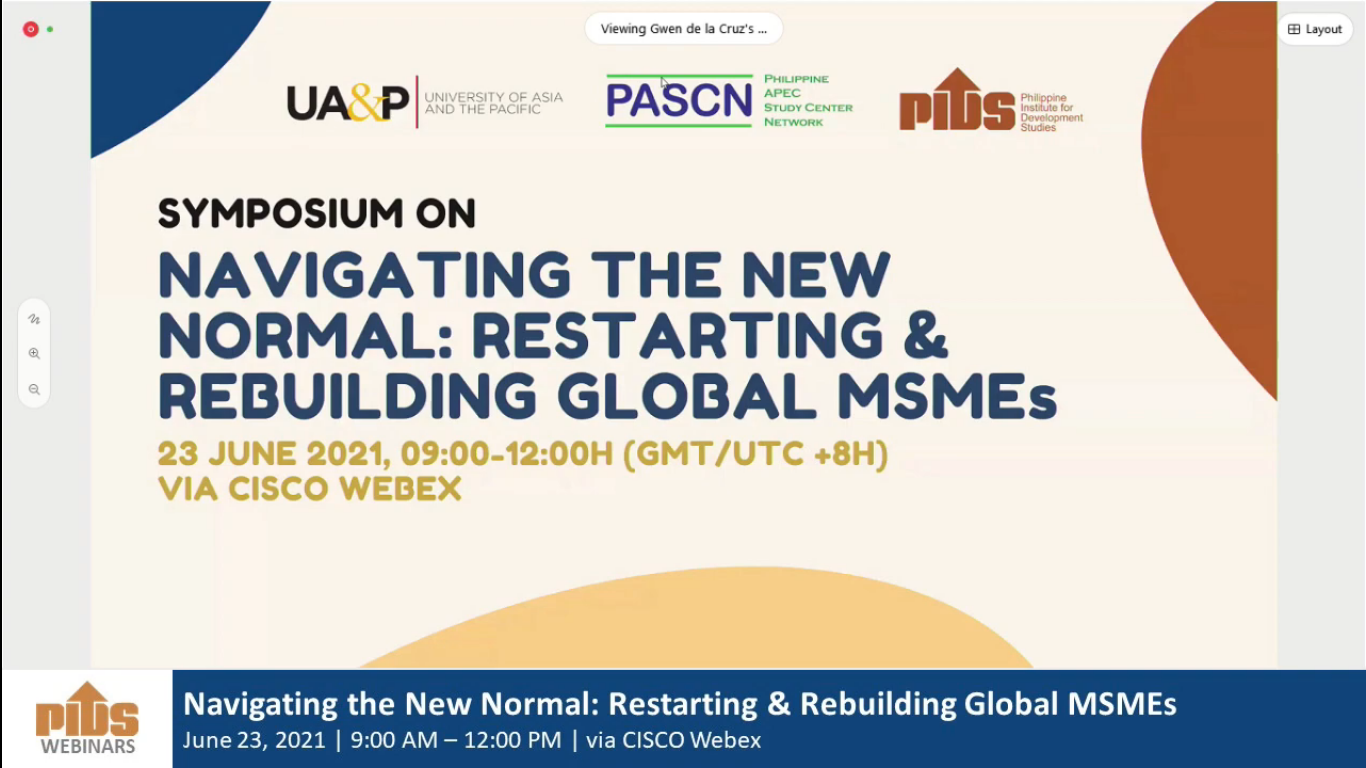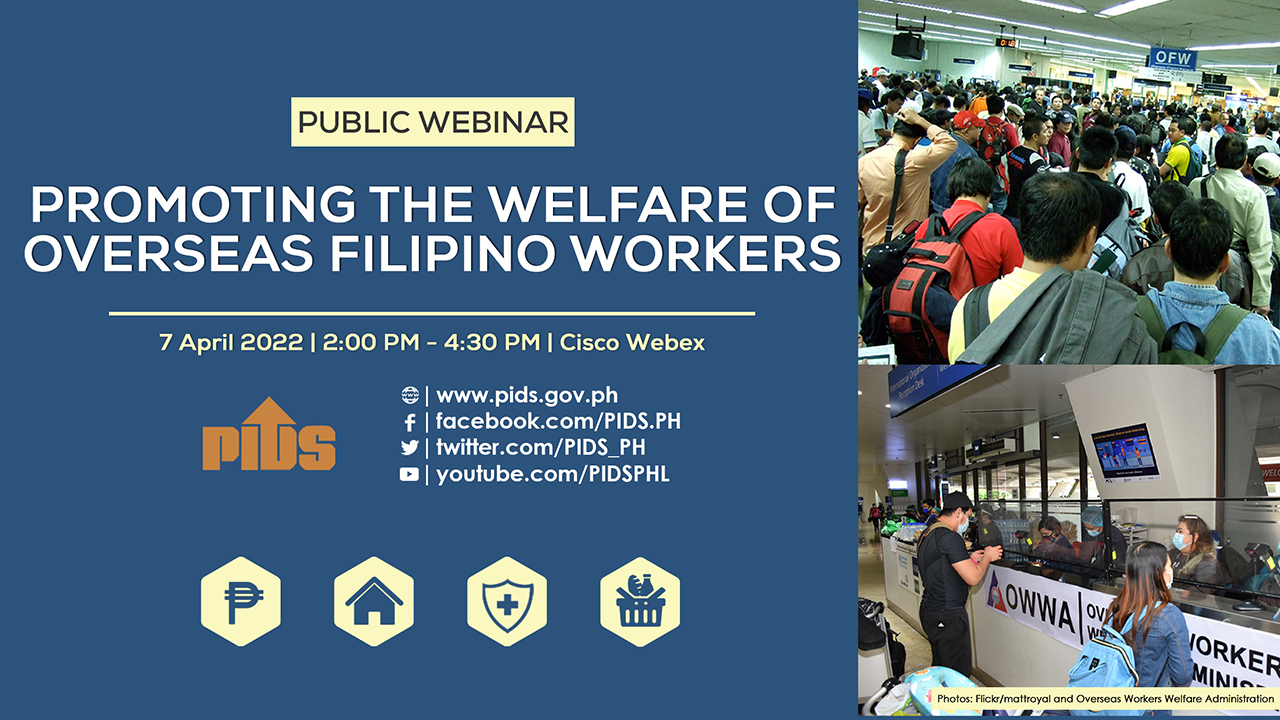Militant labor group Bukluran ng Manggagawang Pilipino (BMP) has doubted the recently signed into law Republic Act 11291 or the Magna Carta of the Poor will address the country’s poverty woes.
Signed recently by President Rodrigo Duterte, the new law classifies those whose income falls below the poverty threshold as defined by the National Economic and Development Authority (NEDA), and cannot afford their minimum basic needs of food, health, education, and housing as poor.
The group noted the law might hardly make a dent on the ever-growing number of families falling below poverty levels.
Leody De Guzman BMP chairman claimed the law will “fail miserably” in aiming for the reduction of poverty and or even increasing the poor’s access to social services as state policies continue to favor the economic elite.
“RA 11291 is a mere codification of what is already supposedly being implemented or should be by agencies. An overstatement of the mandate of agencies but does it raise a finger at the glaring causes and contributors to the perennial issue of poverty will amount to nothing but cosmetic theatrics to an administration severely failing to deliver change, said de Guzman.
He argued that a mere reiteration of the administration’s innate duty to advance the interests of the poor was pointless without properly identifying the root causes and the policies that contributed to its catastrophic rise.
De Guzman said “despite its overarching scope, RA 11291 is a classic case of doublespeak. Its ambiguity only highlights its deafening silence on the factors that contributed to poverty”
He cited the continued practice of contractualization and circumvention of constitutionally guaranteed labor rights and the regionalization and municipalization of wages in industrial hubs as the obstacles to achieving the law’s objective.
The labor leader added that recently enacted laws such as the tax reform law and the rice import tariffication law will only exacerbate the miserable conditions of those living below poverty levels.
He pointed out that the tax reform law contributed to inflation, as determined by the state think-tank Philippine Institute for Development Studies, while the rice tarrification law deprived Filipino farmers P95 billion in income, according to the Philippine Chamber of Agriculture and Food Inc.
“Unless this administration veers away from the path of neo-liberal globalization and the socially generated value is equitably distributed, the man-made crisis of privation will worsen beyond Duterte’s six-year term,“ he concluded.












